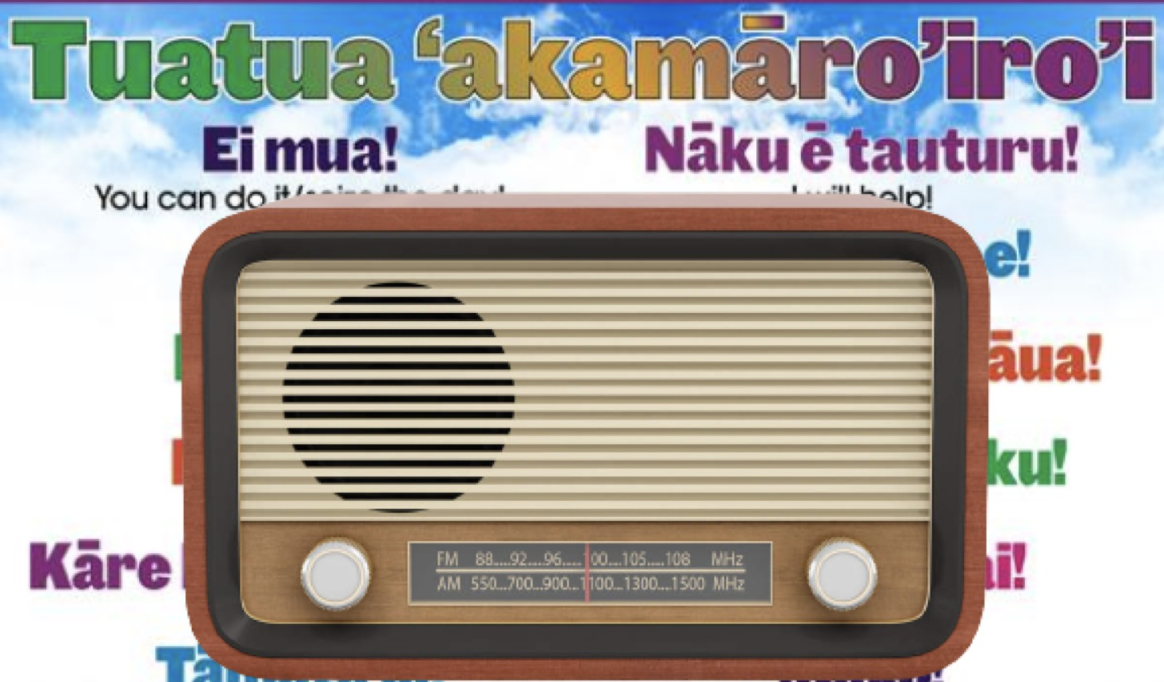My husband has listened to Radio New Zealand (RNZ) for as long as I can remember. He also listens to the BBC World News. He still listens to RNZ, but I have noticed that nowadays, he seems to listen more and more to the Concert programme. I know the reason why. It is a shame that Newsroom can’t see the obvious too.
RNZ has seen its flagship RNZ National station fall from a commanding first to fourth biggest radio audience in the country in the latest GfK ratings survey.
The station’s loss of 47,700 weekly listeners, is its second consecutive fall – from record highs during the pandemic and general election campaign in 2020 Its stablemate RNZ Concert, which was under threat last year, added 11,200 listeners a week.
Newsroom
Funny that is exactly what he did. As I said, he still listens to RNZ sometimes, but nowhere near as much as he did.
There is speculation within RNZ that the fall could be because the public has Covid news fatigue and some listeners have turned to music stations. Commercial brands The Edge and The Breeze both overtook RNZ National for total weekly audiences in this survey.
But Newstalk ZB, with its talking heads and public talkback, also surged past RNZ National in weekly audience. Newstalk ZB is the country’s number one commercial station on a separate measure, market share.
So it’s not that then.
Newstalk’s weekly audience gain is being put down to ZB benefiting from its owner NZME having closed another talk brand, RadioSport, last year – and to ZB’s America’s Cup coverage.
Nope. That doesn’t explain the drop in the RNZ audience.
Its top rating programme, Morning Report, was off by 45,000 to 434,000 listeners across the week, while its main competitor the Mike Hosking Breakfast on Newstalk ZB rose 25,000 to 421,000. This is the closest result between the two programmes for years.
Why would listeners tune into Mike Hosking, away from Morning Report, I wonder?
All other programmes on RNZ National also fell, with the segment comprising Midday Report and Jesse Mulligan in the afternoon (12-4 pm) dropping the least, by 15,000 to 328,800 and moving ahead of Checkpoint (317,800) to be the second highest audience of the day.
Jessie Mulligan and Checkpoint are the programmes that have retained the most listeners. So the drop in audience is nothing to do with RNZ being full of screaming lefties, as Mulligan heads the pack there.
No. That’s not the reason. The reason why my husband and just about everyone I know who used to listen to RNZ have given up on it is simple. Most of their programmes are completely incomprehensible. There are so many Maori words, phrases and whole paragraphs throughout the programmes that it is impossible to listen… unless you speak Maori, of course.
(Is that Maadi? Moldy? or Maodi? Please let me know because they don’t even seem to be able to agree on the pronunciation of the name for their own language. I know there are often regional differences – you don’t have to tell me, I come from the UK – but with the number of regular speakers of this language being only in the hundreds or a few thousand at the most, how come there is so much variation? How the hell are the rest of us supposed to get it right when they can’t agree on the pronunciation of basic words themselves?)
Strangely, neither Jesse Mulligan nor Checkpoint have much Maori on their programmes, so they can be understood completely by their usual audience. That could explain something.
Newsroom does not refer to this at all, of course. RNZ cannot admit to this either. Nevertheless, the reason is as plain as day. Most of the programmes on RNZ these days are presented, wholly or partly, in a language that their listeners cannot understand.
RNZ has a mostly older audience, of those dreadful boomers, whose names we dare not speak. This is the least ‘woke’ generation in our country… and they vote with their feet.
It will be interesting to see if RNZ moderates their use of Maori on their programmes, to at least try to make their content a little more comprehensible to their audience, who are probably the group least likely to learn Maori in the country. But RNZ is publicly funded, so they can do what they like – so long as their benefactor, the Labour government, is happy with what they are doing. They don’t need to worry about audience sizes or ratings.
They do worry about such things though, and with good reason. This Labour government won’t be in power for ever, and the first thing the next government will have to do will be to cut the heinous amounts of waste and excess spending incurred by this government. And a publicly-funded radio station with hardly any listeners would be a very good place to start.
Ka Kite Ano Radio New Zealand. In other words, go fly a kite.
Please share this article

